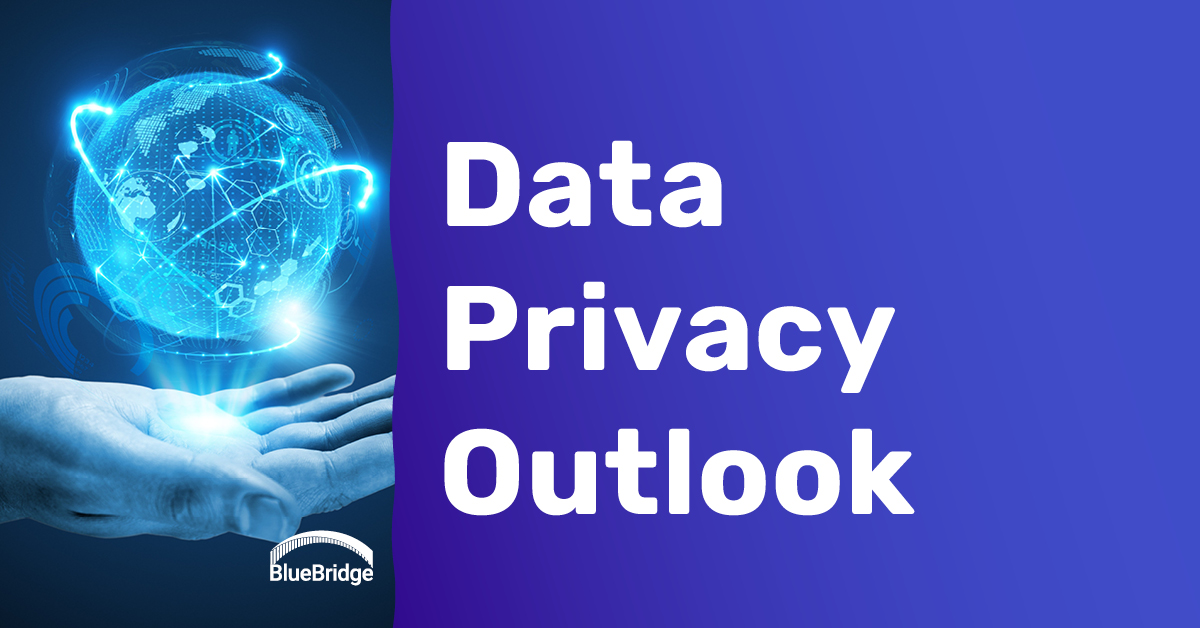Data Privacy: Heading into 2020.

The New Decade.
It seems 2019 is coming to an end, and with the new decade approaching comes the perfect opportunity to reflect on the past and plan for the future. When it comes to cybersecurity, what will 2020 bring? What can users do to ensure that they’re protected in the coming years? 2020 could see new data privacy laws, new ways for organizations collect and store user data, and plenty of security implications for users. Let’s take a look at what could be ahead of us for the new year.
Regulations? Awareness? More of both to come.
After significant security breaches are disclosed, previously unknowing users will often learn why their data security is so important and may start to wonder what can happen should their data fall prey to cybercriminals and the like. This is why new privacy laws will likely be created and enacted to empower users to better safeguard their data. For example, there is a new California privacy law set for January 2020 which will allow us as consumers to request companies to delete our personal data as well as opting-out of having said data shared. These are new regulations that we sorely need in today’s world and will allow us to better control our data and it’s accessibility.
With that being said, companies that underhandedly sell user data for profits are sure to resist these changes. Make sure you always know what you’re agreeing to when clicking “I Agree”, as these arrangements are likely to become more and more diluted as a response to regulations becoming increasingly strict.
Look for a twist on the old tricks.
As more user data is collected from these security breaches, cybercriminals look to study this information in order to formulate which groups of users to target and how exactly to go about targeting them. With the aid of social engineering and artificial intelligence, they will have the ability to turn common cyber tricks into sophisticated and unfamiliar threats. Take call spoofing, for example. By taking advantage of stolen private data and using new technologies/techniques, cybercriminals can implement a fake call that appears to be coming from the user’s friend or family member, rather than a generic and obvious scam.
With the cybersecurity landscape growing more complex in the coming year, what can we as users do to help ensure that their data is protected?
- Get some variety in your passwords! One successful attempt at hacking an account of yours can be catastrophic if you’re still using the same password for everything! Please ensure that each of your passwords are in some way unique.
- Always check the source. Instead of directly clicking on a link in an email, it’s always safer to check directly with the source to verify if what is being offered to you is indeed legitimate.
- Browse with cybersecurity protection. Ensuring that you have proper security solutions installed on your devices can go a long way. Protection against malware, phishing attacks, and other threats can save you from a large headache later on. Don’t skimp on cybersecurity!

